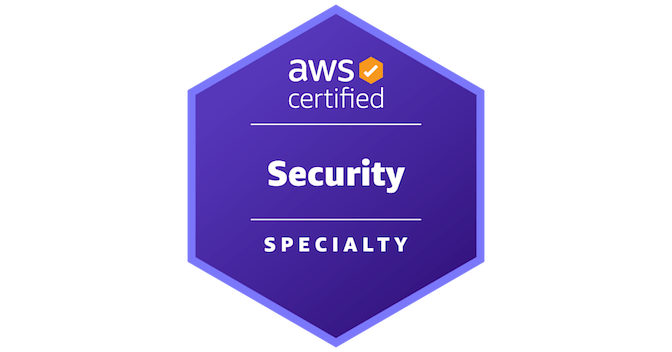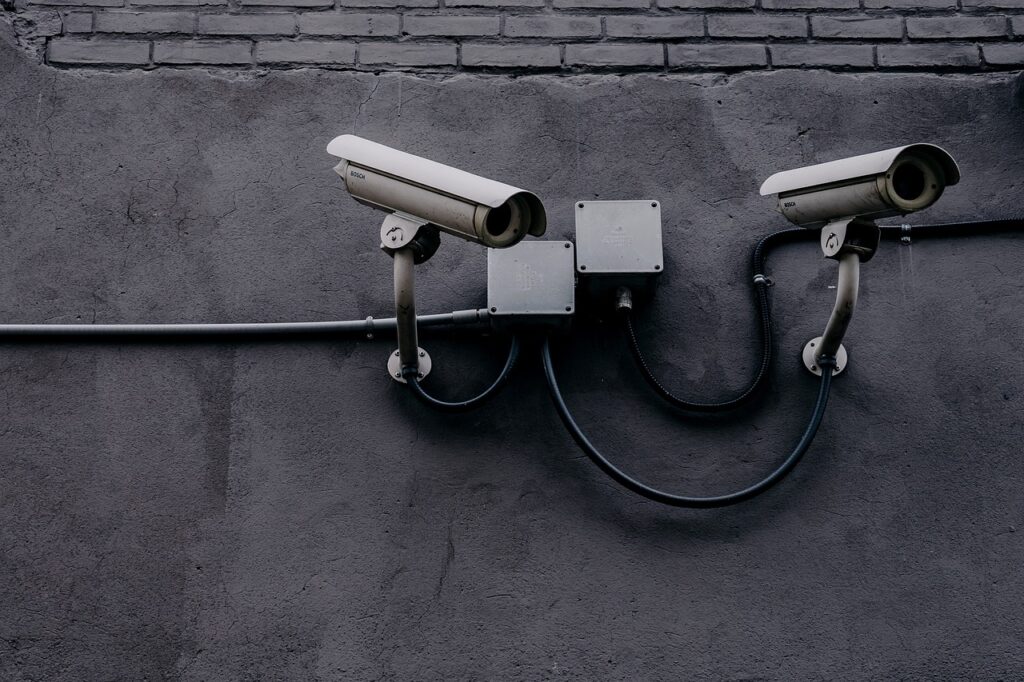To wrap up my series, I wanted to focus on the two remaining domains of the AWS Security specialty exam. Both domains 1 & 2, places an emphasis on logging and monitoring, and threat detection and response. Here are both domains, and how they are weighed on the overall scoring of the exam:
Domain 1: Threat Detection and Incident Response : (14% of scored Content)
Domain 2: Security Logging and Monitoring (18% of scored content)
Domain 1: Threat Detection and Incident Response
1. Design and Implement an Incident Response Plan
To perform well in this domain, candidates need to be aware of AWS best practices regarding incident response, cloud incidents, the roles and responsibilities within an incident response plan, and the AWS Security Finding Format (ASFF).
Skills Developed:
- Credential Invalidation and Rotation: Practice with using AWS IAM and AWS Secrets Manager to handle credential rotations during a compromise.
- Resource Isolation: Hands-on practices of how to quickly isolate AWS resources.
- Playbooks and Runbooks: Develop and implement these documents as guides for security incident responses.
- Security Services Deployment: Exposure to AWS Security Hub, Amazon Macie, Amazon GuardDuty, Amazon Inspector, AWS Config, Amazon Detective, and IAM Access Analyzer at a deep level.
- Service Integrations: Configure integrations with Amazon EventBridge and ASFF so that incident response is seamless.
2. Identify Security Threats and Anomalies
Know the AWS managed security services, such as GuardDuty, Security Hub, Macie, and Config.
Focus Topics:
- Anomaly Detection: Learn methods for correlating data and visualizing anomalies.
- Centralized Security Findings: Learn strategies for centralizing security findings across services.
- Findings Evaluation: Interpret findings from security services and tools, including Amazon Athena queries, metrics, filters, and dashboards to detect anomalous activity. Implement AWS CloudWatch.
3. Respond to Compromised Resources and Workloads
Understand the AWS Security Incident Response Guide and the mechanisms that can be used to implement isolation and protect resources and workloads at each layer, including root cause analysis techniques and data collection.
Skills to Focus on:
- Automated Remediation: Leverage AWS Lambda, AWS Step Functions, EventBridge, AWS Systems Manager runbooks, and Security Hub for remediation.
- Root Cause Analysis: Use Amazon Detective, among other tools, to investigate and analyze incidents.
- Forensic Data Capture: Utilize Amazon EBS snapshots, memory dumps, S3 Object Lock, isolated forensic accounts, S3 Lifecycle, and S3 replication to capture and preserve forensic data.
- Service Recovery: Design and implement AWS service preparation and recovery post-incident.
Domain 2: Security Logging and Monitoring
1. Design and Implement Monitoring and Alerting
Demonstrate an understanding of AWS services that relate to monitoring, such as CloudWatch, EventBridge, Lambda, SNS, and Security Hub.
Focus on:
- Monitoring Requirements: Analyze architectures and workloads to determine monitoring needs.
- Environment and Workload Monitoring: Design a monitoring solution based on business and security requirements.
- Automated Audits: Develop automated tools and scripts for periodic audits, such as creating custom insights in Security Hub.
- Metrics and Thresholds: Design metrics and thresholds that trigger alerts.
2. Diagnose Security Monitoring and Alerting
Know how to establish monitoring services like Security Hub and diagnose the data collected through these services that may indicate a security issue.
Develop Skills in:
- Service Functionality, Permissions, and Configuration Analysis: Review these aspects in response to incidents that were not visible or lacked alerting capabilities.
- Custom Application Monitoring: Check and rectify configurations of custom applications that do not report statistics.
- Logging and Monitoring Review: Ensure logging and monitoring services meet security requirements.
3. Design and Implement a Logging Solution
Knowledge areas include AWS logging services like VPC Flow Logs, DNS logs, AWS CloudTrail, and CloudWatch Logs.
Focus on:
- Logging Configuration: Set up logging for various AWS services and applications.
- Log Ingestion and Management: Identify logging requirements, sources, and implement log storage and lifecycle management.
- Best Practices: Implement AWS best practices for log retention and management.
4. Troubleshoot Logging Solutions
Identify AWS logging services capabilities and use cases, and logging access permissions.
Skills Include:
- Misconfiguration Identification: Identify and remediate absent access permissions required for logging.
- Log Retrieval: Determine and remedy issues resulting in missing logs.
5. Design a Log Analysis Solution
Knowledge areas include services and tools for log analysis such as Athena, CloudWatch Logs filter, CloudTrail Insights, and Security Hub insights.
Focus on:
- Log Analysis: Identify patterns indicating anomalies and threats.
- Log Normalization and Correlation: Normalize, parse, and correlate logs for holistic analysis.
Best Practices for Exam Preparation
- Hands-On Practice: Frequently utilize AWS services related to security, logging, and monitoring.
- Study Materials: Refer to AWS whitepapers, documentation, and online training specifically designed for the Security Specialty exam.
- Practice Exams: Take multiple practice tests to identify weak areas and improve time management.
- AWS Workshops and Labs: Engage in AWS workshops and labs for practical exposure.
- Community Engagement: Join study groups or AWS forums to share knowledge and tips with other candidates.
The more deeply you involve yourself in these domains and stick to best practices, the better-equipped you will be to pass the AWS Security Specialty exam. This rounds out the series, but I hope you all have a positive experience sitting for the exam, and are able to pass the security specialty.
Sincerely,
Carl+Alt+Del



